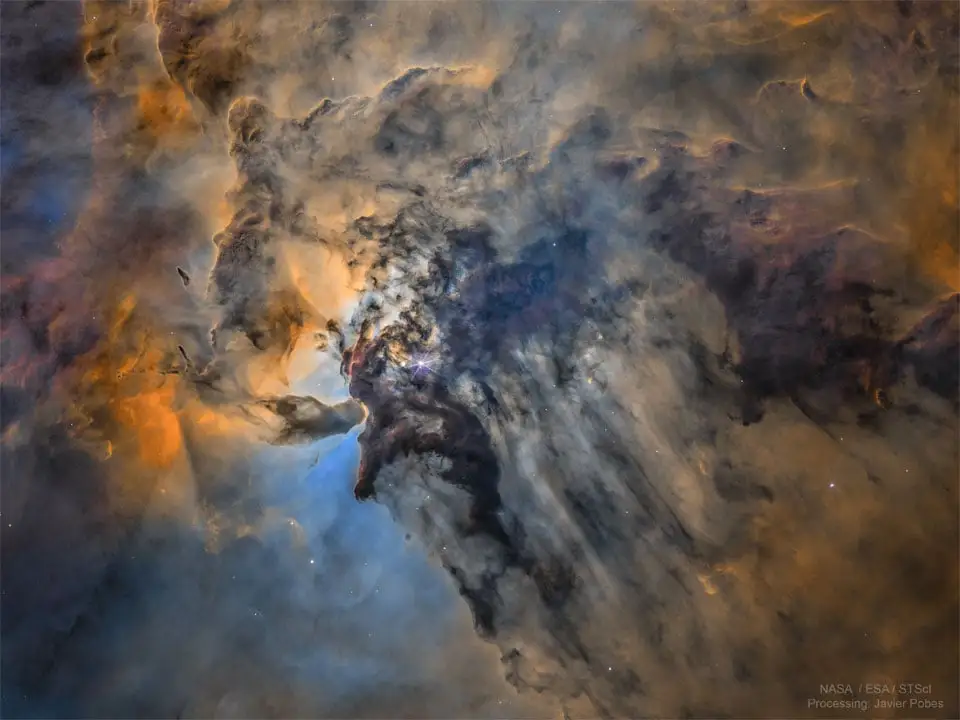this post was submitted on 17 Mar 2024
218 points (92.2% liked)
Space
8744 readers
151 users here now
Share & discuss informative content on: Astrophysics, Cosmology, Space Exploration, Planetary Science and Astrobiology.
Rules
- Be respectful and inclusive.
- No harassment, hate speech, or trolling.
- Engage in constructive discussions.
- Share relevant content.
- Follow guidelines and moderators' instructions.
- Use appropriate language and tone.
- Report violations.
- Foster a continuous learning environment.
Picture of the Day
 The Busy Center of the Lagoon Nebula
The Busy Center of the Lagoon Nebula
Related Communities
🔭 Science
- !astronomy@mander.xyz
- !curiosityrover@lemmy.world
- !earthscience@mander.xyz
- !esa@feddit.nl
- !nasa@lemmy.world
- !perseverancerover@lemmy.world
- !physics@mander.xyz
- !space@beehaw.org
- !space@lemmy.world
🚀 Engineering
🌌 Art and Photography
Other Cool Links
founded 1 year ago
MODERATORS
you are viewing a single comment's thread
view the rest of the comments
view the rest of the comments
Dark matter does interact with matter, though: it interacts gravitationally. It just does not interact in other ways (that we know of yet). All you would have to do to disprove the existence of dark matter is to show that some things interact with it gravitationally but others don't. However, this is not what we see; what we actually see is a whole bunch of separate things that all experience the effect of the existence of dark matter in the same way. It's effectiveness as an explanation in this regard is exactly what makes it so difficult to dethrone.
Dark matter is exactly like adding a constant to your equation so that it fits the numbers.
If by "constant" you mean "3D distribution that explains not just one equation but lots of separate observations", then sure, it's just like that.